Muamer Džananović, Director of the Institute, spoke at the opening of the “Underground” exhibition in the City Hall
On the occasion of marking the 30th anniversary of the Srebrenica genocide, the “Underground – Under the Earth” exhibition was opened in the Sarajevo City Hall.
The exhibition focuses on the exhumation of remains from mass graves in eastern Bosnia and the Srebrenica area, showing the scale of the genocide through 30 authentic photographs from 14 mass grave sites.
The exhibition is organized by the Archives of the Federation of Bosnia and Herzegovina, the City of Sarajevo, the Yunus Emre Institute Sarajevo, the Embassy of the Republic of Turkey in BiH, the Sarajevo Museum, and the Sarajevo Public Enterprise.
The exhibition is sponsored by Dr. Denis Bećirović, Member of the Presidency of BiH, and Nermin Nikšić, Prime Minister of the Federation of BiH.
The exhibition opening was attended by numerous domestic and international guests, as well as prominent representatives of public and political life.
The following spoke at the opening:
- M. Sc. Hajrudin Ćuprija, Director of the Archives of the Federation of Bosnia and Herzegovina,
- Dr. Predrag Puharić, Mayor of Sarajevo,
- Dr. Muamer Džananović, Director of the Institute for Research of Crimes against Humanity and International Law at the University of Sarajevo,
- Nermin Nikšić, Prime Minister of the Federation of Bosnia and Herzegovina,
- Kemal Ademović, Deputy Chairman of the House of Peoples of the Parliamentary Assembly of Bosnia and Herzegovina and
- Numan Kurtulmuş, President of the Grand National Assembly of the Republic of Turkey.
Prime Minister Nikšić said that it is our obligation to “overpower lies with truth”:
“Genocide is a settled fact. It is not a matter of opinion, but the truth before the courts and before the world. Without facing this truth, there is no justice or future. And justice, truth be told, for many families there is still not as much as they deserve. Punishments for criminals cannot bring back lives, but they can be a warning to the world.”
Kemal Ademović spoke about the families of the victims and the daily struggle of those who survived the crime:
“The families of the victims and those who support them have been fighting for decades before the whole world for a minimum of satisfaction – a dignified burial, judicial justice and international recognition of the genocide. For too long, the victims have carried the burden of someone else’s shame on their shoulders – because not all the victims have been found, because the genocide is being denied, because they encounter criminals who have not been prosecuted, because they are still exposed to threats today and because they must constantly remember – so that the evil does not happen again.”
The Director of the Federation Archives, Hajrudin Ćuprija, introduced the exhibition and emphasized the role of the archival service in preserving the culture of remembrance: "In order to promote the cultural heritage and documentary history of BiH, the Federation Archives devotes great attention to the collection, digitization and presentation of materials, with an emphasis on the period 1992–1995. In this way, we fill the public space with testimonies based on the truth – to which we are all equally responsible. Because, if we could not save the victims, we can and must save the truth about them."
The mayor of Sarajevo, Predrag Puharić, spoke about the importance of exhibition activities and the importance of the culture of memory for a society based on facts and knowledge:
"Our responsibility is simple, but enormous: to bring the truth to those who don't know it - or don't want to know it. To expose the 'underground' to the eyes of the public. That we don't hide, don't stay silent, don't give in and don't get tired."
Director of the Institute, dr. Muamer Džananović, reminded of the undeniable facts about the war and genocide in Bosnia and Herzegovina:
“The truth is undeniable: more than 7,000 victims of the genocide in Srebrenica and its surroundings in 1995 have been identified and buried. We know where they were detained, we know who commanded their executions, we know who killed them, we know where their bodies were found. The genocide in Bosnia and Herzegovina is one of the most systematically documented crimes in modern history. And that is why there is no moral or factual basis for ‘other narratives’.”
On behalf of diplomacy and the people of the Republic of Turkey, the President of the Grand National Assembly of the Republic of Turkey, Numan Kurtulmuş, and the Deputy President of the AK Party, Zafer Sirakaya, paid tribute to the victims of the genocide and spoke about the support that the Republic of Turkey provides to Bosnia and Herzegovina, and about joint cooperation in the political, research and cultural fields.
The exhibition opening program was completed with a screening of the short documentary film Underground, and vocal-instrumental performances by the Rejjan Choir and the soloist of the Sarajevo National Theatre Opera, Amila Ravkić.
The exhibition "Underground - Under the Earth" was officially opened by the Prime Minister of the Federation of Bosnia and Herzegovina, Nermin Nikšić, and the President of the Grand National Assembly of the Republic of Turkey, Numan Kurtulmuş.
The exhibition is open to visitors in the central hall of the Sarajevo City Hall for the following period.
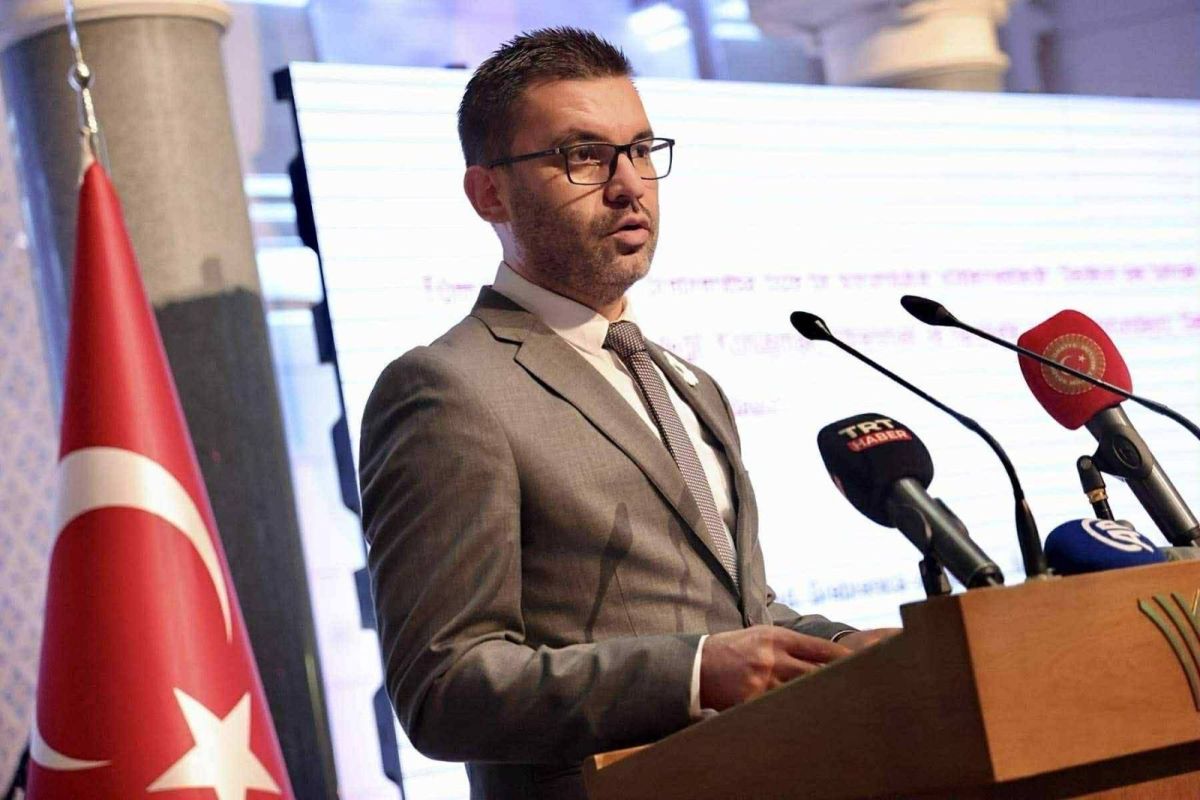
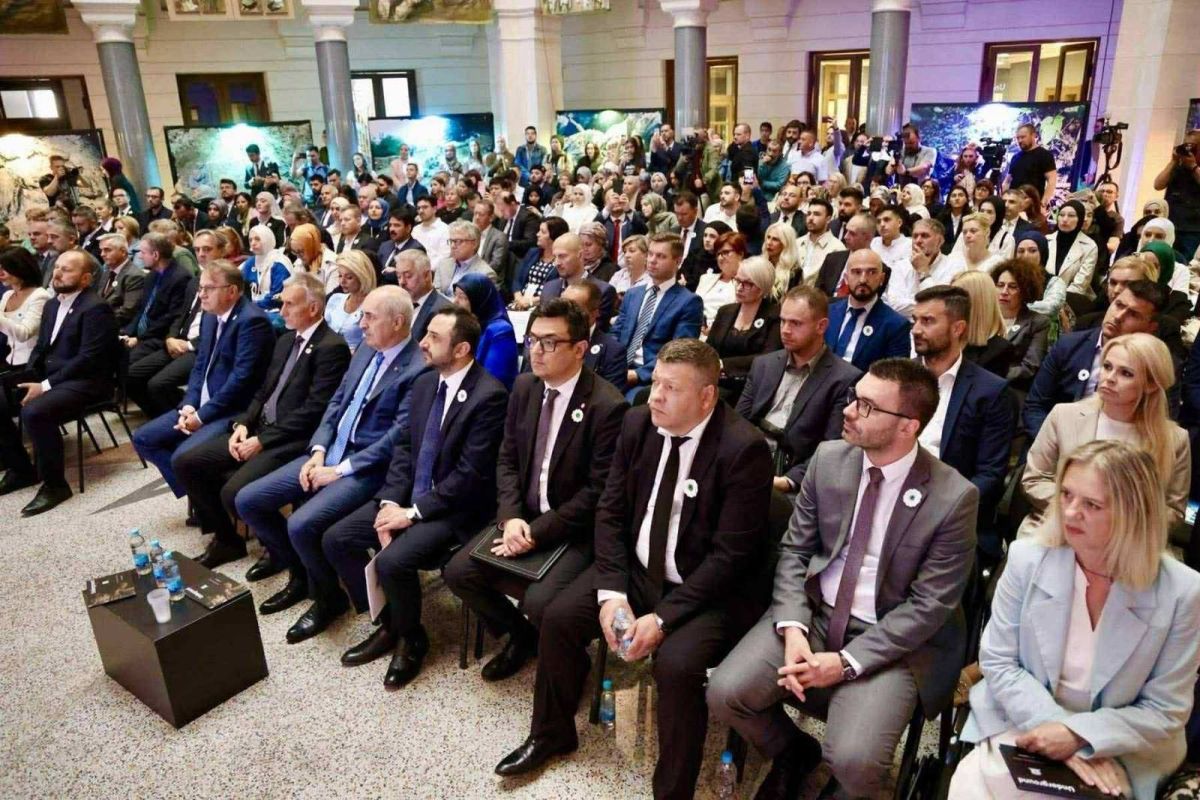
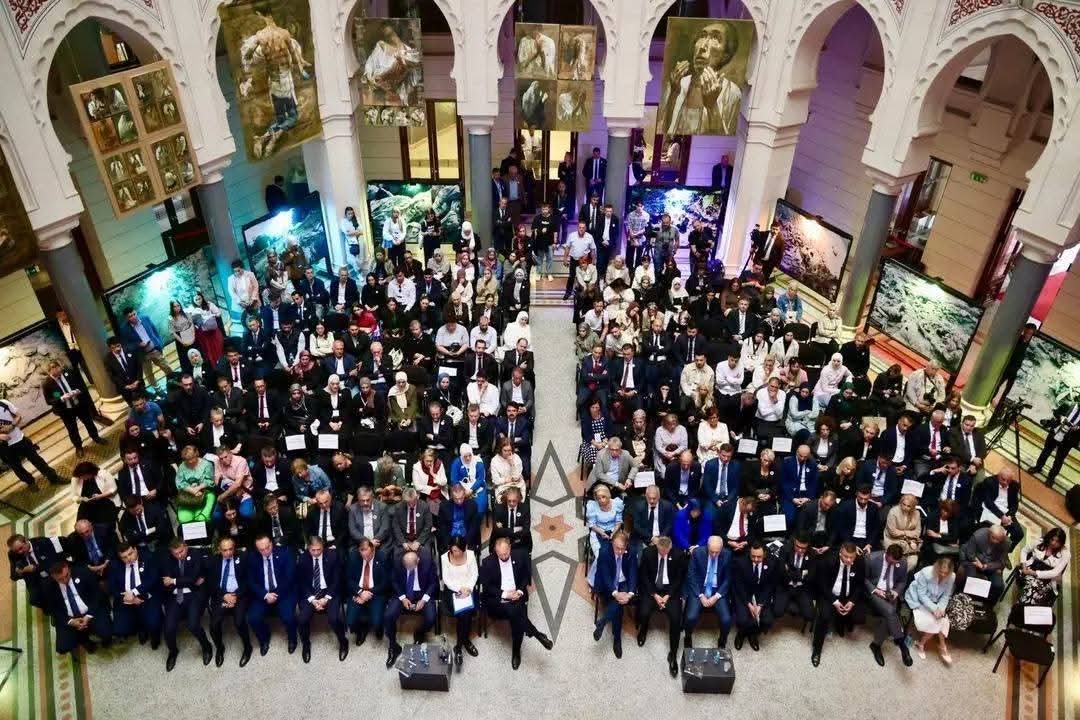
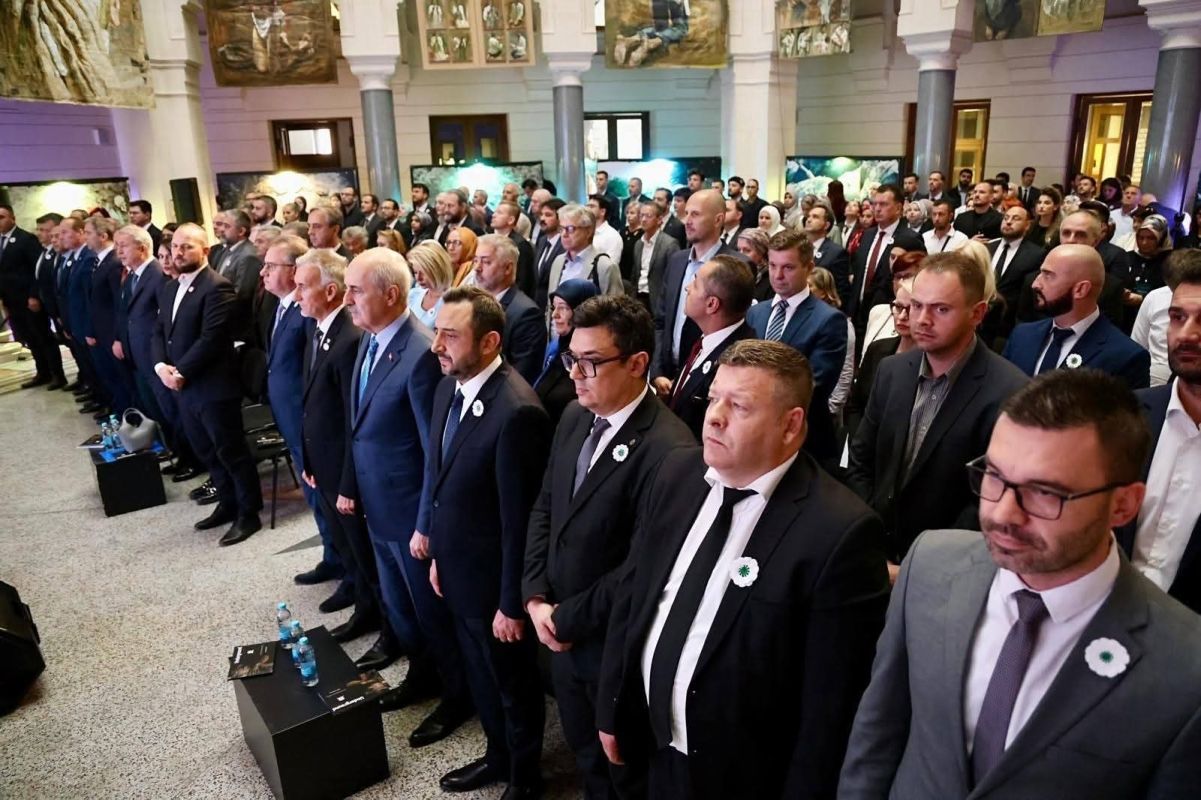
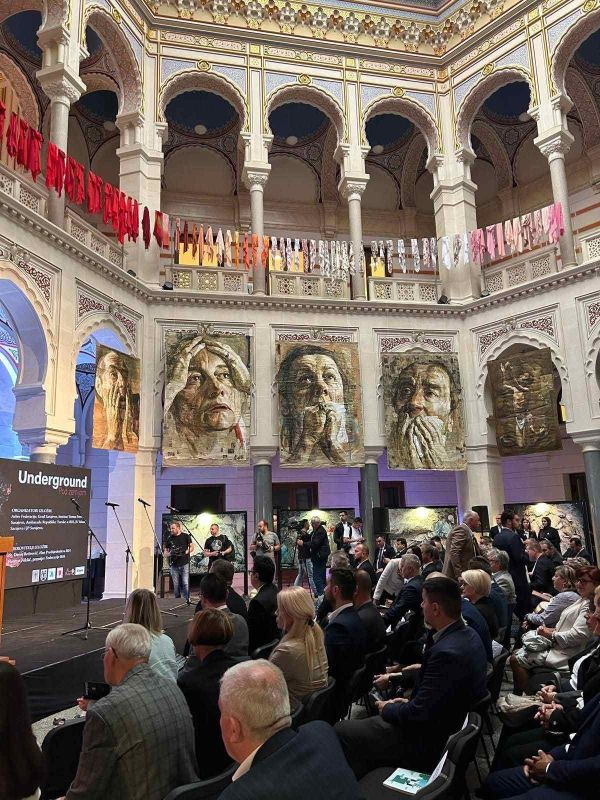
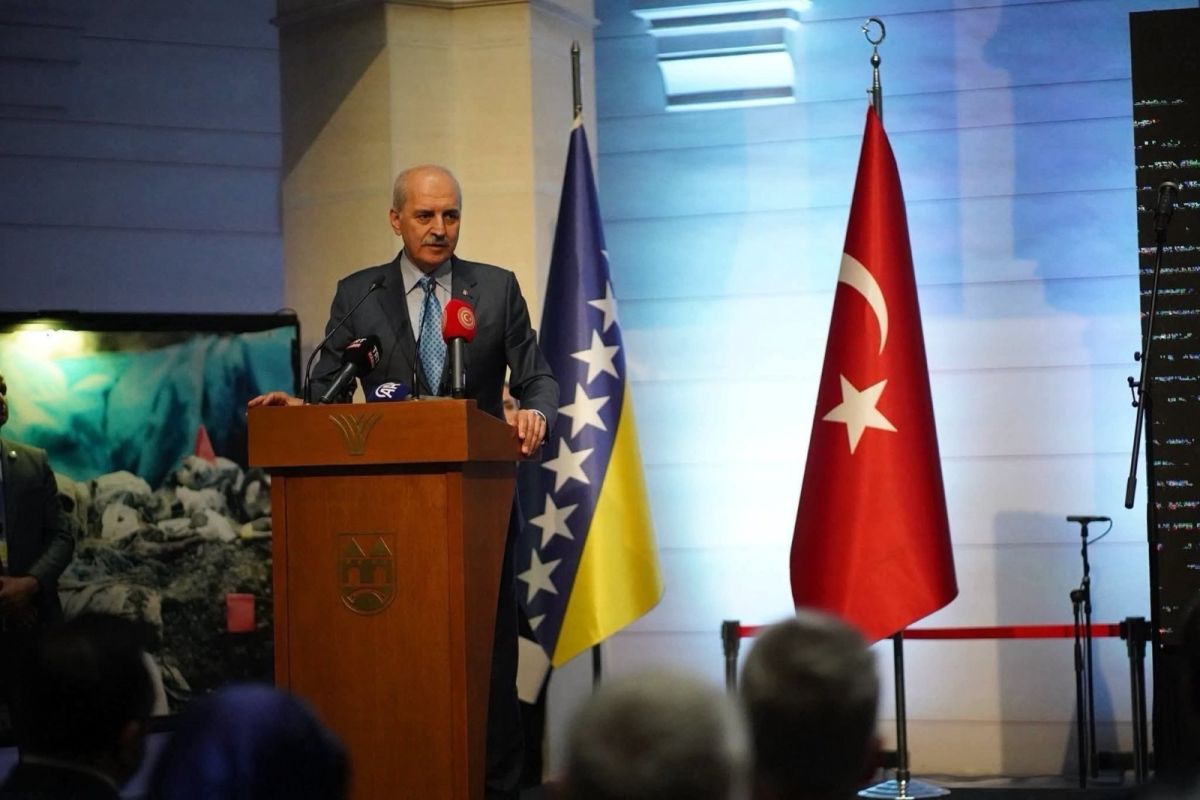
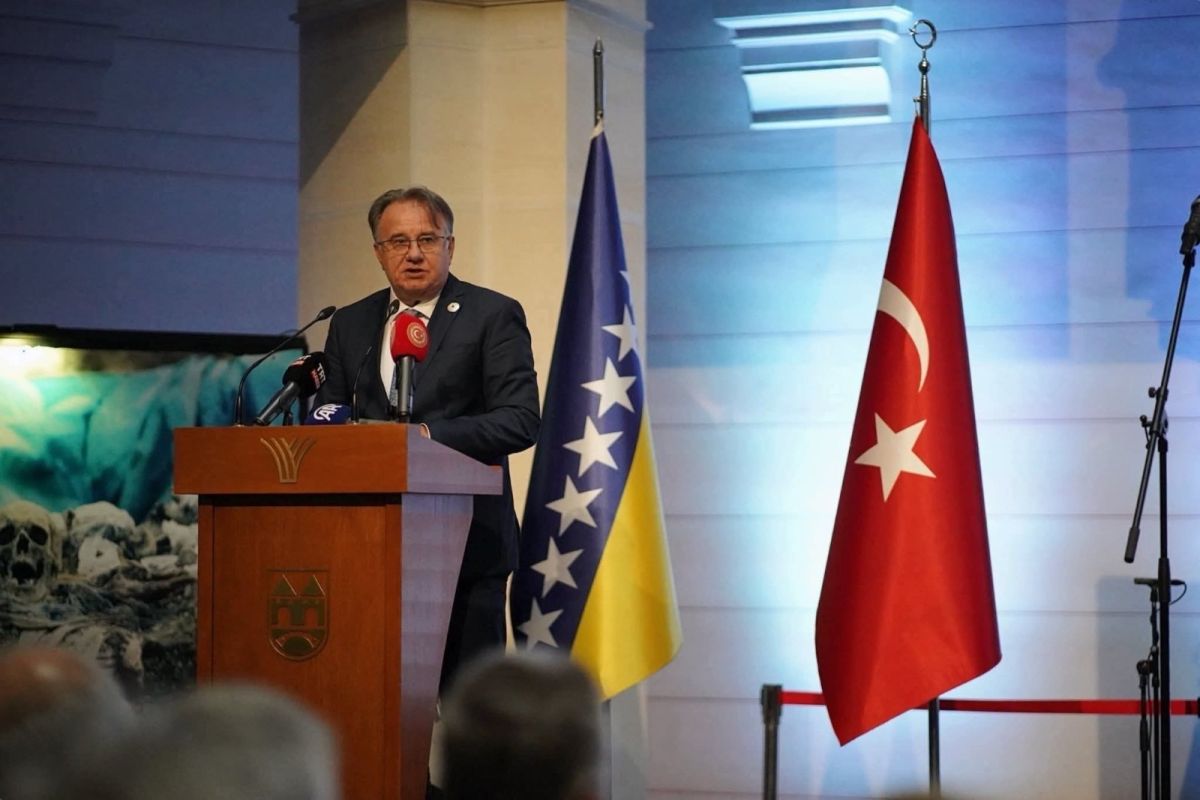
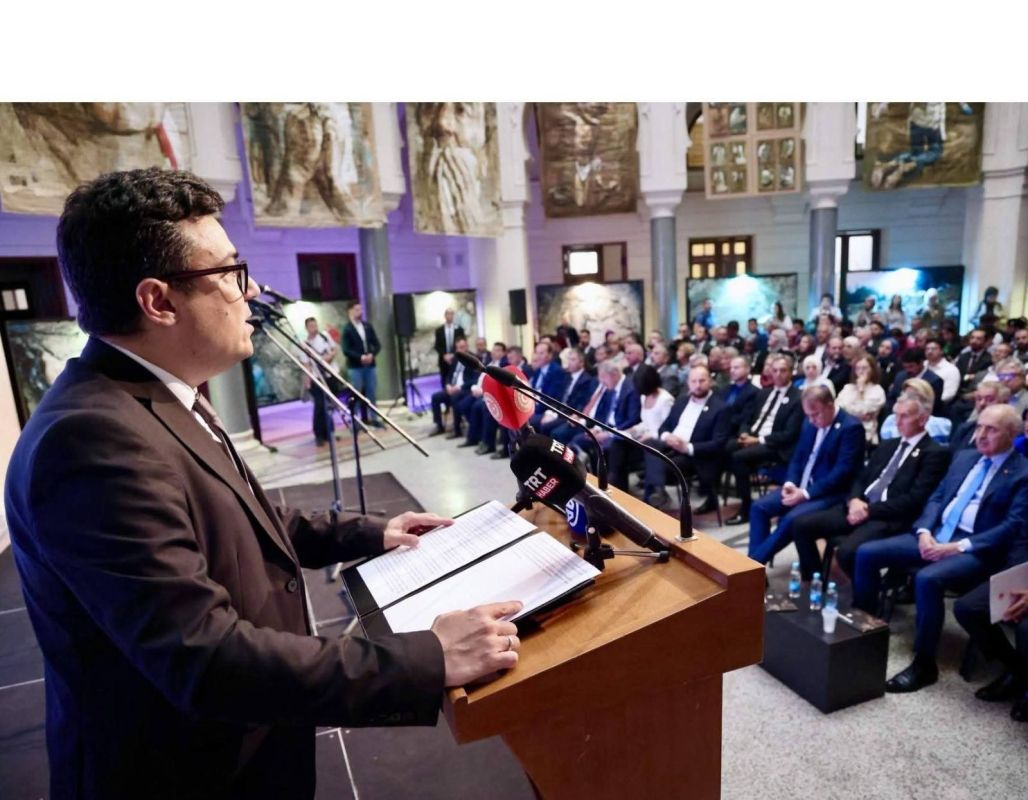
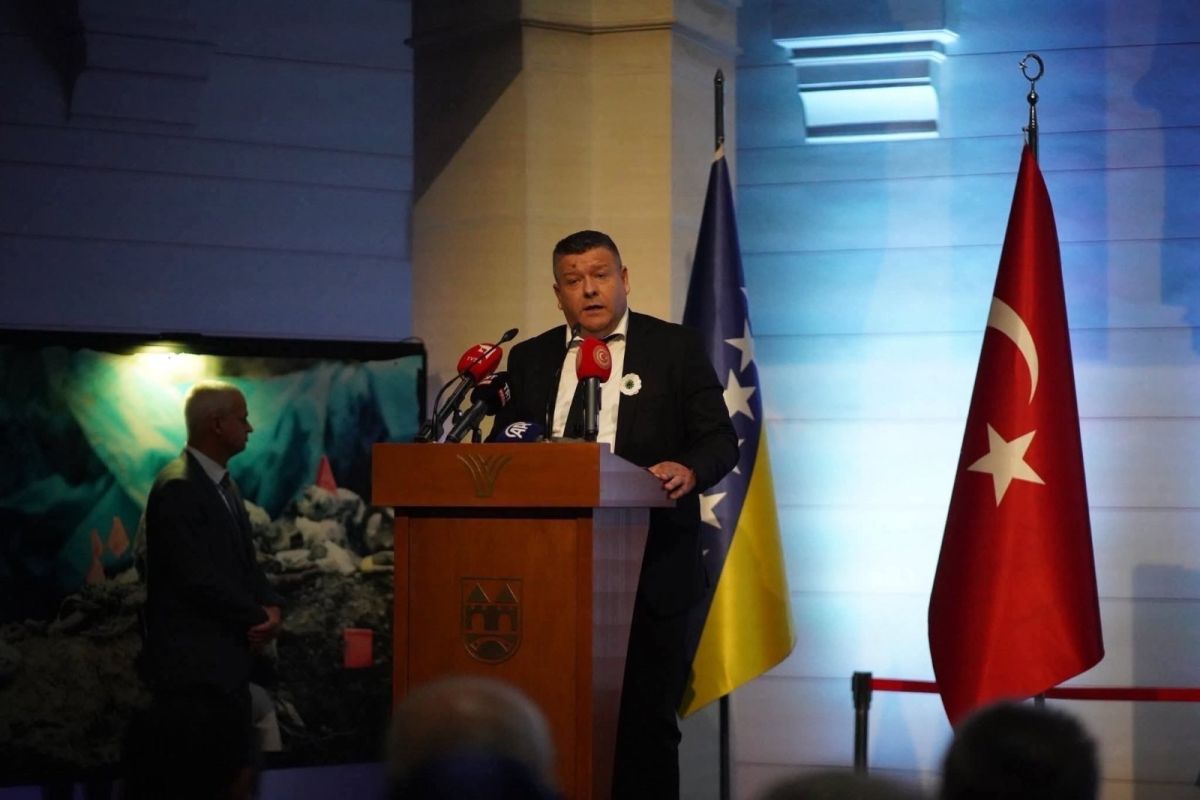
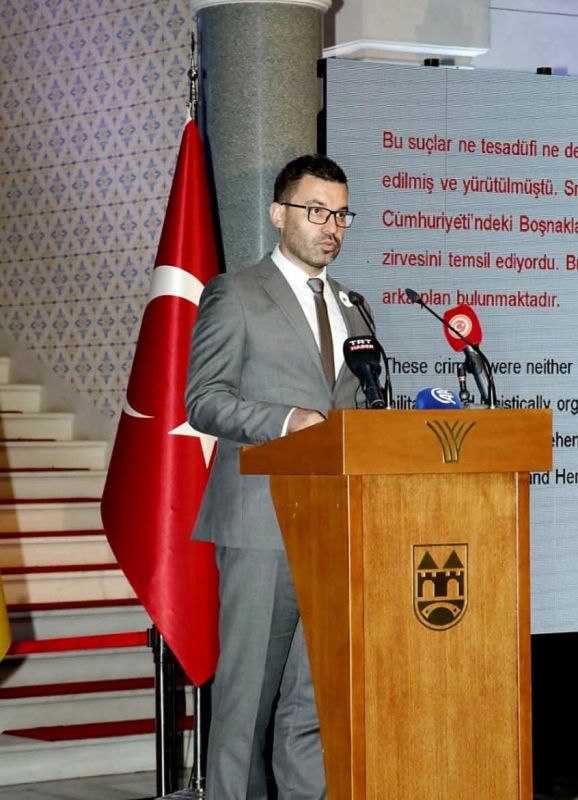
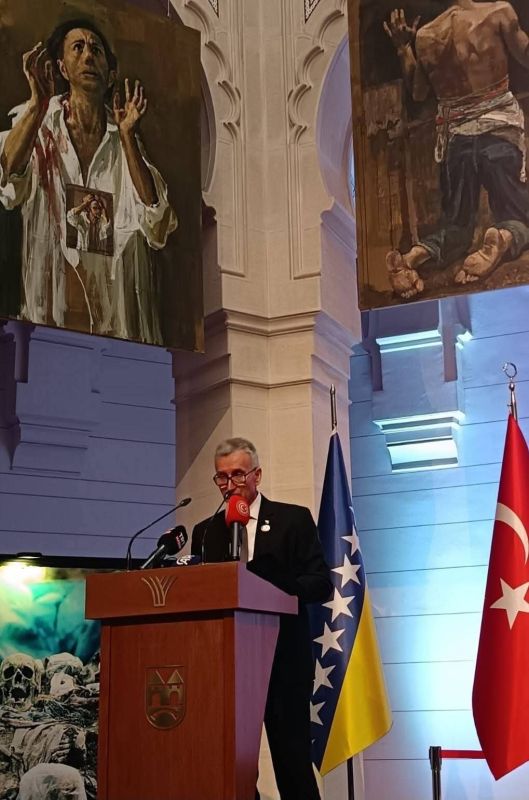
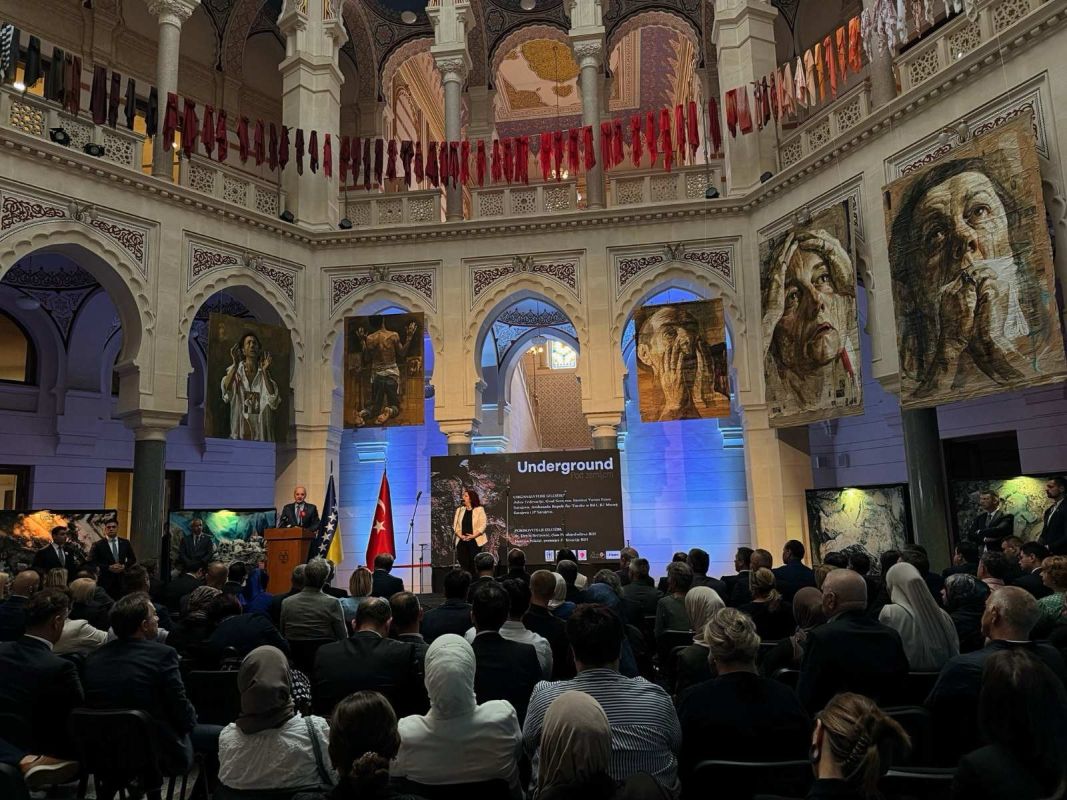
(2).png)
(3).png)
.png)